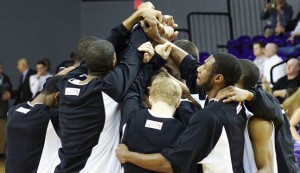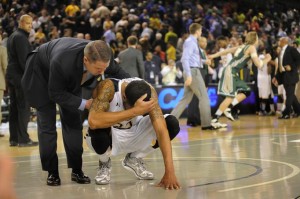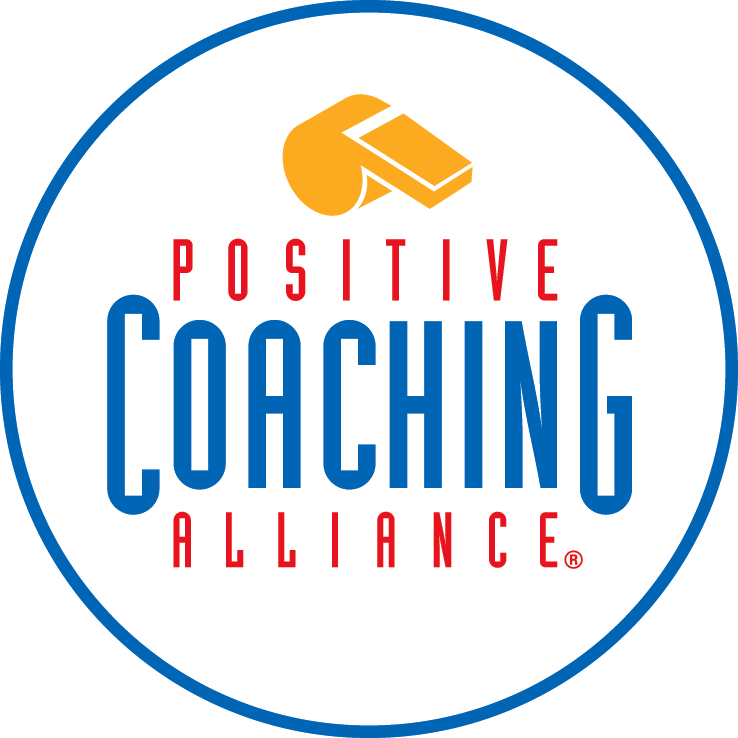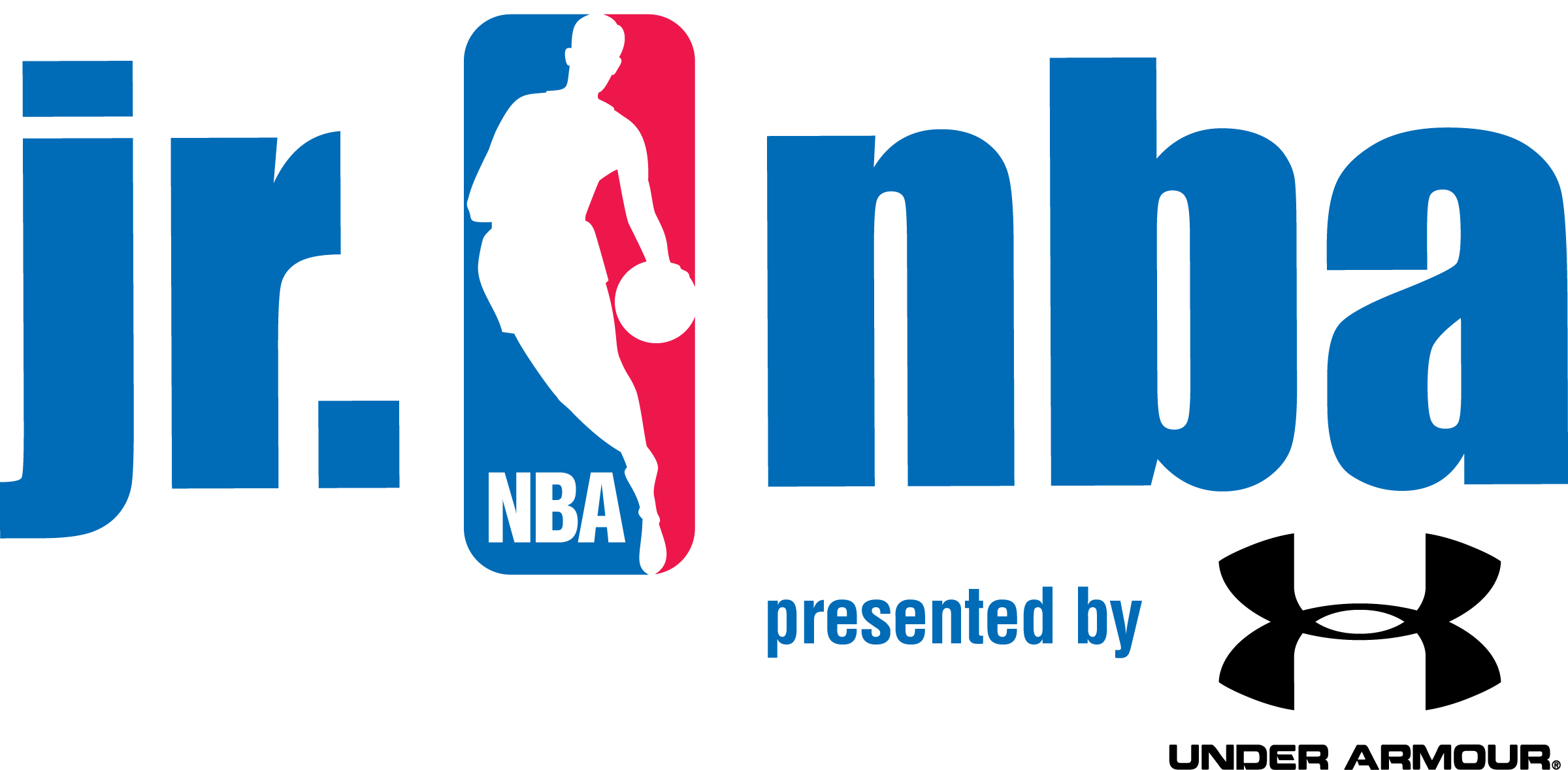
Basketball on the Edge – 16 Qualities Every Basketball Team Leader Needs

Leadership is a quality that is often easy to recognize, but harder to define. What are some characteristics that make you a great leader?
Your work ethic should be your greatest asset.
This is where it all starts. You must be one of the hardest workers on your team. This is the best and quickest way to enhance your credibility with your teammates and coaches. If you don’t work hard no one is following you anywhere!
You believe and demonstrate that the best interest of the team must always come first.
You truly must not care who scores, who plays the most minutes, or who gets the credit. You must be willing to sacrifice for the good of your team. Not many players can honestly say, “The team comes first.”
You are an energy giver.
Your enthusiasm and passion for the game should be evident to anyone who watches you practice or play a game. Your energy level should boost your teammates’ performance. Any team environment you are in is better because of the spirit you bring to it.
You make mistakes and use them to improve instead of looking for excuses.
Great leaders are willing to take risks. Increased risk means more chances for mistakes. Growth and improvement come from making mistakes, admitting the mistake, and then learning from the mistake. To become a great leader you must apply this thought process on the court and in the locker room.
Your mental toughness sets you apart.
Learn to be resilient and bounce back quickly after mistakes. Don’t turn one mistake into two by sulking or pouting. Be the tough player that your teammates look to in the face of adversity. When things go bad they look to you because you are able to handle the pressure. Leaders want the ball in their hands when the game is on the line. Don’t be afraid to fail in clutch situations, instead look at clutch situations as an opportunity you have been given to show how your preparation and hard work has paid off. If you do fail, be prepared to accept the responsibility and look forward to being successful next time.
You do the little things right when no one is watching.
Who are you when no one is watching? Are you the same player, do you give the same effort as when the coach has his eye on you? Great leaders don’t allow any slippage regardless of whether a coach is watching or not.
You build relationships with your teammates.
Leadership is all about relationships. You can’t lead anyone if you don’t have a relationship first. Get to know everyone on your team. You may spend more time with your best friends or players in the same grade as you, but make a strong effort to get to know each and every member of your team. A quick conversation before or after practice can go a long way towards strengthening the bonds between you and your teammates that will pay off as the season unfolds.
You give more than what is asked and take less than what is deserved.
Do you always have your hand out looking for someone to give you more? Or are you the player looking for ways to give more to your team?
You fill your teammate’s tank.
Always look for teammates who are doing the right thing to help your team. Praise a teammate for their hard work in a drill, for making a great pass, for being resilient when mistakes occur, or getting an A on a test. We all do better when our tanks are filled with specific and truthful praise. Recognize the actions and attitudes you want to see repeated.
You make choices add up to success.
Every day you make choices. Do yours lead to success or failure? Do you drink a Coke or water? Do you study for a test or play video games? Do shoot free throws before practice or work on your half-court shots? Are you polite or do you treat others disrespectfully? Each individual action may not seem significant, but collectively your choices will add up to success or add up to failure.
You make your teammates better on the court.
Be the player that everyone hates to go against in practice. Your teammates should know you are coming at them every day. Encourage them to do the same for you and for each other. Good leaders consistently inspire others to reach a level that they didn’t think was possible.
You support your teammates off the court.
Your teammates have issues just like you: school, romance, family, a shooting slump, etc. Good leaders are always watching for teammates they can offer to support. If you’ve built a relationship, they’ll appreciate when you reach out to them when they are struggling.
You look for solutions and don’t complain.
Anybody can complain. Players do it all the time. They complain about the coach and the bad decisions he makes. They complain about teammates who play ahead of them or make a crucial mistake. They complain about practice. Be a leader who looks for solutions to these problems instead of fueling the fire by joining in with the complainers.
You talk to your coach on regular basis.
Find out what your coach needs from you and then try your best to deliver. What are the coach’s objectives for the day’s practice? How can you help achieve those objectives?
You help your team see that hard work leads to long term success.
The hard work that is required of you and your teammates on a daily basis is an investment that will pay off over the course of the season. That may be tough for everyone to see during a particularly tough practice or during a losing streak, but leaders help the team keep their eyes on the prize.
You represent yourself and the team with class.
Everywhere you go people are making judgements about you, your team, your family, your school, and your community based on your actions and appearance. Go the extra mile to practice good sportsmanship, be polite, treat everyone with respect, take care of your facilities, and demonstrate what kind of person you are. Leaders make those around them proud!
Teams with great leadership are often the most successful. Are you willing to do what it takes to become a leader on your team?
Click here to register for one of our upcoming programs!
Sign up now to get a “Head Start” on your competition with our free basketball tip of the day delivered straight to your inbox. Click below, enter your email and we’ll also send you our E-Book, “Mental Toughness, Improve Your Brain – Improve Your Game”.
Basketball on the Edge – My Season Ended in Disappointment by PGC Basketball

If you have ever played sports you have had disappointments. I know that I have losses in my playing and coaching career that stick with me to this very day. Only one team each year gets to end their season with a win. With the Final Four upon us I think this article will touch a nerve and inspire players, coaches, and parents to keep striving to be their best despite the near certainty that you will experience disappointment along the way.
Click here to read the article from PGC Basketball
Click here to register for one of our upcoming programs!
Sign up now to get a “Head Start” on your competition with our free basketball tip of the day delivered straight to your inbox. Click below, enter your email and we’ll also send you our E-Book, “Mental Toughness, Improve Your Brain – Improve Your Game”.
Basketball on the Edge – Fully Invested by Bob Walsh

In this article Bob Walsh shares 21 ways that players can demonstrate that they are fully invested. I love this and plan on using it with my kids’ AAU Teams this spring. A great read for players, coaches, and parents.
What does it really mean to be fully invested?
Fully invested players are selfless. They think about the team first…
Click here to read the article by Bob Walsh
Click here to register for one of our upcoming programs!
Sign up now to get a “Head Start” on your competition with our free basketball tip of the day delivered straight to your inbox. Click below, enter your email and we’ll also send you our E-Book, “Mental Toughness, Improve Your Brain – Improve Your Game”.
Basketball on the Edge – The Case for Humility in Youth Basketball – Vintage Edition

“Discipline and diligence are up there on the list, but one of the most important qualities of many really successful people is humility. If you have a degree of humility about you, you have the ability to take advice, to be coachable, teachable. A humble person never stops learning.” – Todd Blackledge
Beyond the quote: The ability to be humble allows you the strength to grow and develop into a class with so few. Many people self-claim to be different but it’s those who do things without saying a word that get my nod. There’s nothing wrong with being a self-promoter but it’s the words or actions you chose and how you display them that can make all the difference. Those who have the ability to handle humility get attention two ways- love and support by many…..or the jealous reaction of those who can only wish.
Youth basketball today often recognizes the self-promoting organizations, teams, coaches, players, and parents. The win at all costs mentality encourages everyone to be more brash and tell the world how great they are. Local and national “scouts” are ranking players in elementary school! Have these “scouts” seen every 5th grader in the country to know who is the best? Organizations and coaches boast about their rankings and tournament victories, not about how they are developing kids into better people as well as better players.
No matter how successful you are it pays to stay humble. When you think you have made it as a player, coach or parent, chances are someone else is about to pass you up. When you stay humble, you are always striving to be better because you know there is no moment of arrival. You are constantly working to learn more and be better than you are today.
It’s what you learn after you know it all that counts. – John Wooden
Advice for staying humble.
Players – Even the best players in the NBA have coaches and personal trainers that help them learn and grow as players. Great players will listen to anyone that can help them get better. Don’t tell me how good you are, show me with your play and your coachability.
Coaches – Always work at your craft and learn from other coaches. Don’t act like you invented the game and your strategies are the only ones that work. When you win, give players the credit. When you lose, take the responsibility.
Parents – Don’t tell everyone how great your kid is. No one wants to hear it, even if it’s true. Be proud of your young player regardless of the outcomes on the court. Search out coaches and organizations that are interested in developing kids into good player AND good people. Just because your kid is on the 2nd ranked team in your state doesn’t mean they are learning, getting better or having fun. Be proud, be supportive, and be humble.
Don’t go into a game believing you are better than your opponent, you must show them first.
Click here to register for one of our upcoming programs!
Sign up now to get a “Head Start” on your competition with our free basketball tip of the day delivered straight to your inbox. Click below, enter your email and we’ll also send you our E-Book, “Mental Toughness, Improve Your Brain – Improve Your Game”.
Basketball on the Edge – How can your body language hold you back? by CorrectMyPlay.com

Why is body language important? How can it impact your success as a player? Why do coaches care about it? This article and the accompanying video of UConn Women’s Coach Geno Auriemma clearly explain the importance of body language and why players should be mindful of the messages their body language is sending.


